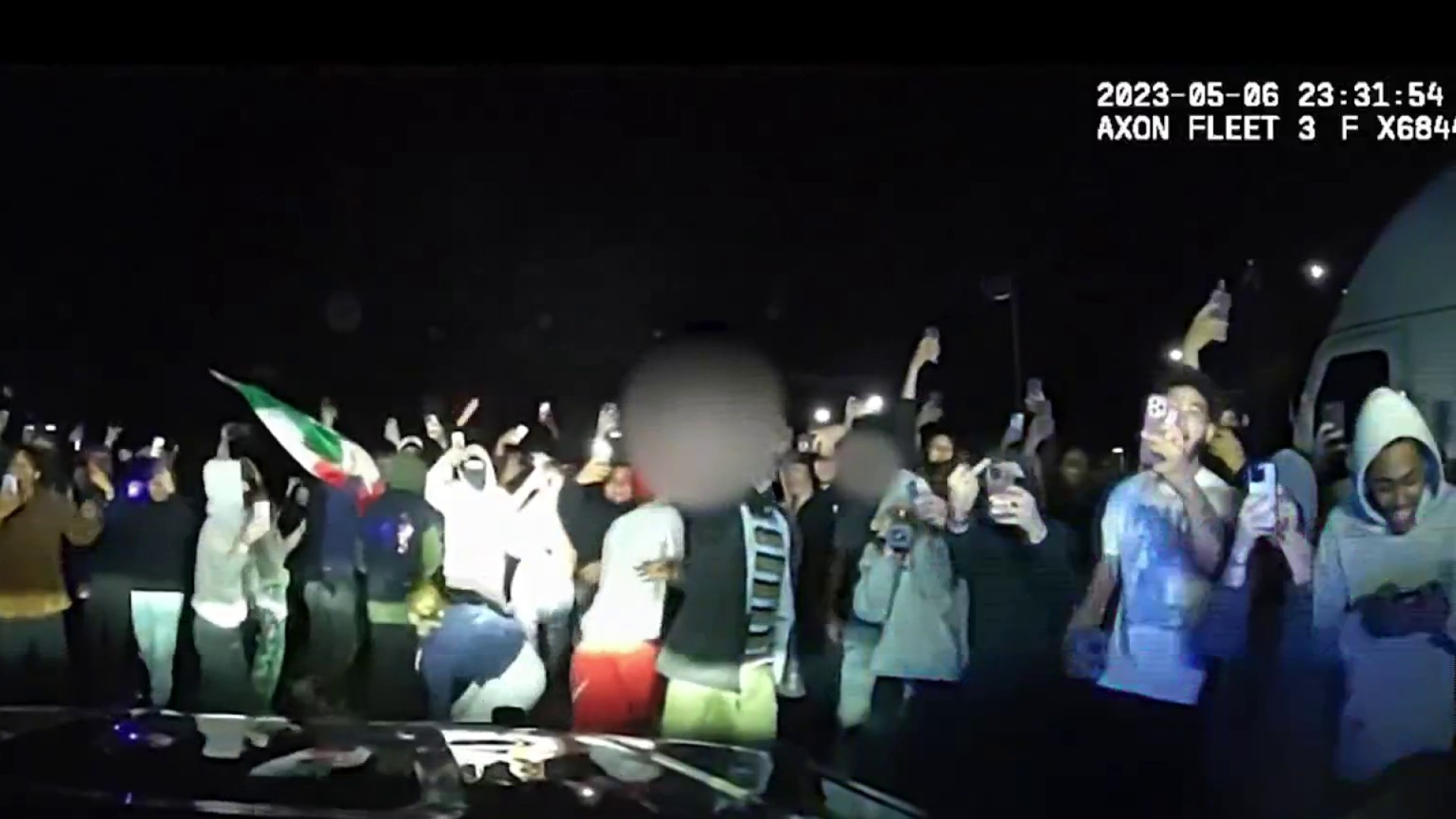Youth crime is a very complex problem in the state.
NBC Connecticut's Mike Hydeck spoke with Rep. Craig Fishbein, a ranking member on the Judiciary Committee, about the issue.
They discuss initiatives in the Republican-sponsored public safety package that would change how the state handles cases of repeat youth offenders.
Mike Hydeck: "I know you were talking hypotheticals recently in the state capitol, let's use one here. If case in point, hypothetical 15-year-old has just stolen his or her fifth car. In your opinion, should they be convicted, and if so, how should it be handled moving forward?"
Get Connecticut local news, weather forecasts and entertainment stories to your inbox. Sign up for NBC Connecticut newsletters.
Craig Fishbein: "Fifth arrest for stealing a car should be treated as an adult. It should go to adult court, in my opinion, you know, that's a repeat offender. That's something that we have to be hard on. Contrast that with the first time, which I think is a severe situation also. But the fifth offender in my opinion should be treated as an adult and penalized accordingly."
Mike Hydeck: "And you've heard repeated car thefts from the Waterbury police chief and many other towns, and they're feeling like their hands are tied in moving forward. Let's look at the other side of the coin here. What kind of responsibility do we have as a society to try to help out with the root cause? Say that same 15-year-old was in foster care and had been physically abused. Should that enter into the juvenile justice equation, do you think?"
Craig Fishbein: "It should, and I think that through our diversionary programs, through the many hurdles that have to be elapsed to get a case to adult court, I think at some point you have to stop using those unfortunate situations as an excuse for very troubling, bad activity. And the question is, 'where is that line?' So in 2018, the legislature created a program specifically for juveniles arrested for stealing a car the first time. It's a diversionary program, ends up with a dismissal. The second time, presently, the second offense could be charged with a Class B felony, which is discretionarily transferred to the adult court. And I'll tell you as part of what I've been pushing for this legislative session, to create a different crime, just dealing with motor vehicles, that would make that a Class A misdemeanor. So it would lessen the severity of the charge on those first few instances. But, you know, when we get to the repeat, the four and the five times, you'd have to toss away those things and get really serious about these very troubling crimes."
Face the Facts
Face the Facts with NBC Connecticut goes beyond the headlines, asking newsmakers the tough questions, giving an in-depth analysis of the big stories.
Mike Hydeck: "Are there any crimes in your mind where even on the first offense a teen should automatically be tried as an adult?"
Craig Fishbein: "Yes, murder. Murder is the most egregious. I think we're gonna see a bill come out of committee that addresses murder at a higher level than we presently have. But I think that a 13-year-old charged with murder should be tried as an adult. That notion is more than likely not going to make it out of committee, but, you know, a 14-year-old, certainly. And some crimes that surround that. So certainly violent crime involving use of a firearm should be tried as an adult. Those are very heinous crimes, and they are a threat to public safety and should be dealt with accordingly."
Mike Hydeck: "I know this is complex - does there need to be a specific list in cases like this? Should there be 25 crimes that are, you know, a list of a violent crime with a motor vehicle or violent crime with a weapon? Should there be an entire list that needs to be gone over here?"
Craig Fishbein: "Yes, and I'll tell you that we are working on that list. In fact, we had a meeting this morning. And we are trying to work on that list of those very heinous crimes, particularly those involving a firearm, definitely would have automatically transferred to not necessarily the adult court, but there are heightened courts. Something higher than juvenile court but less than adult court that could be tried in a different manner than traditional juvenile court. We need to take those cases very serious and deal with them accordingly."
Mike Hydeck: "I interviewed Senator Cathy Osten recently, you know, she used to be an employee of the justice system. She talked about mental health and rehabilitation services that are available right now in Connecticut prisons. In her mind, she believes it's time to invest more in the care for those who are incarcerated, thinking that this could stop recidivism. What are your thoughts on that?"
Craig Fishbein: "I totally agree. In fact, I recently read a report having to do with that in our Department of Correction, our facilities, and we had a meeting with the the commissioner of Department of Correction maybe two months ago and I specifically asked him about, you know, what testing are we doing, screening? What services are available to these individuals because apparently a significant amount of our incarcerated population has some level of mental health needs. I want to see those needs addressed as well, not just screened but addressed. You know, certainly somebody who is within the state's care, we have a level of requirement to assess and to treat those needs when somebody can't just go get them themselves and they're incarcerated."



